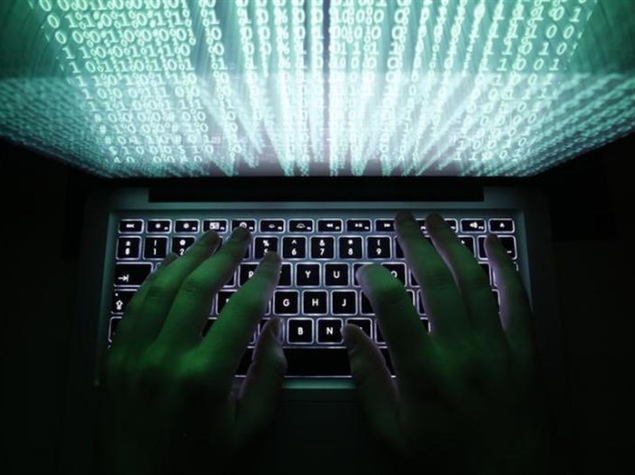- Home
- Internet
- Internet News
- Hackers Penetrate Brazil Foreign Ministry's Email System
Hackers Penetrate Brazil Foreign Ministry's Email System

No group immediately claimed responsibility for the attack on Monday, which came amid protests by groups opposed to Brazil hosting the World Cup in June and July.
Police and government security teams were investigating the extent of the attack. The ministry shut down its email communications for a day.
The spokesman said sensitive information sent through the email system was encrypted, but employees at the ministry and Brazilian embassies abroad were told to change their passwords.
Brazil in April passed comprehensive Internet privacy legislation in what some liken to a Web-user's bill of rights, after stunning revelations its own president was targeted by US cyber-snooping.
"The bill sets out principles, guarantees, rights, and duties for Internet users, and Internet service providers" in Brazil, a statement on the Senate's website had said.
Also in April, Brazil held the NETmundial conference for global leaders and the biggest Web firms to discuss Internet legislation.
Big Internet companies were the clear winners at the global conference on the future management of the Web where most participants agreed it should remain a self-regulated space free of government intervention.
Convened by President Dilma Rousseff after revelations of U.S. surveillance undermined trust in the Internet, the NETmundial conference concluded that governments, companies, academics, technicians and users should all have a say in where to go next.
Written with agency inputs
For details of the latest launches and news from Samsung, Xiaomi, Realme, OnePlus, Oppo and other companies at the Mobile World Congress in Barcelona, visit our MWC 2026 hub.
Related Stories
- Samsung Galaxy Unpacked 2026
- iPhone 17 Pro Max
- ChatGPT
- iOS 26
- Laptop Under 50000
- Smartwatch Under 10000
- Apple Vision Pro
- Oneplus 12
- OnePlus Nord CE 3 Lite 5G
- iPhone 13
- Xiaomi 14 Pro
- Oppo Find N3
- Tecno Spark Go (2023)
- Realme V30
- Best Phones Under 25000
- Samsung Galaxy S24 Series
- Cryptocurrency
- iQoo 12
- Samsung Galaxy S24 Ultra
- Giottus
- Samsung Galaxy Z Flip 5
- Apple 'Scary Fast'
- Housefull 5
- GoPro Hero 12 Black Review
- Invincible Season 2
- JioGlass
- HD Ready TV
- Latest Mobile Phones
- Compare Phones
- Apple iPhone 17e
- AI+ Pulse 2
- Motorola Razr Fold
- Honor Magic V6
- Leica Leitzphone
- Samsung Galaxy S26+
- Samsung Galaxy S26 Ultra
- Samsung Galaxy S26
- MacBook Pro 16-Inch (M5 Max, 2026)
- MacBook Pro 16-Inch (M5 Pro, 2026)
- Apple iPad Air 13-Inch (2026) Wi-Fi + Cellular
- Apple iPad Air 13-Inch (2026) Wi-Fi
- Huawei Watch GT Runner 2
- Amazfit Active 3 Premium
- Xiaomi QLED TV X Pro 75
- Haier H5E Series
- Asus ROG Ally
- Nintendo Switch Lite
- Haier 1.6 Ton 5 Star Inverter Split AC (HSU19G-MZAID5BN-INV)
- Haier 1.6 Ton 5 Star Inverter Split AC (HSU19G-MZAIM5BN-INV)

















